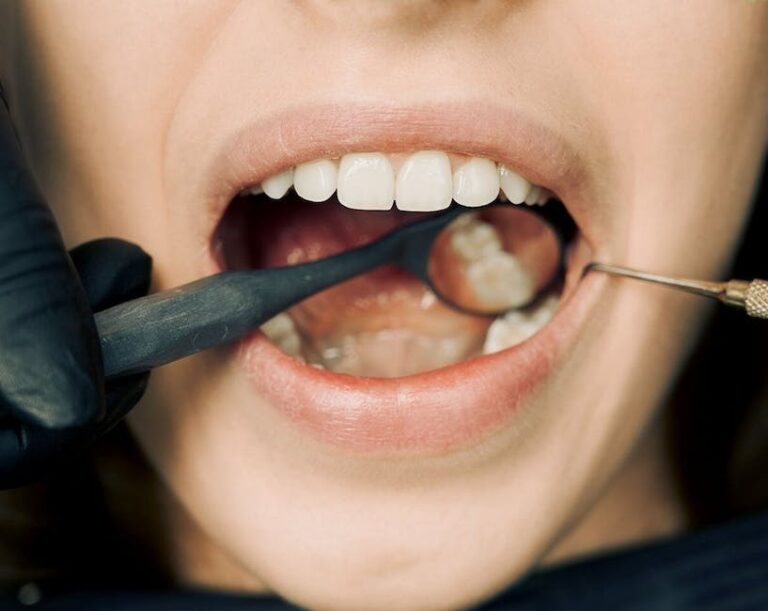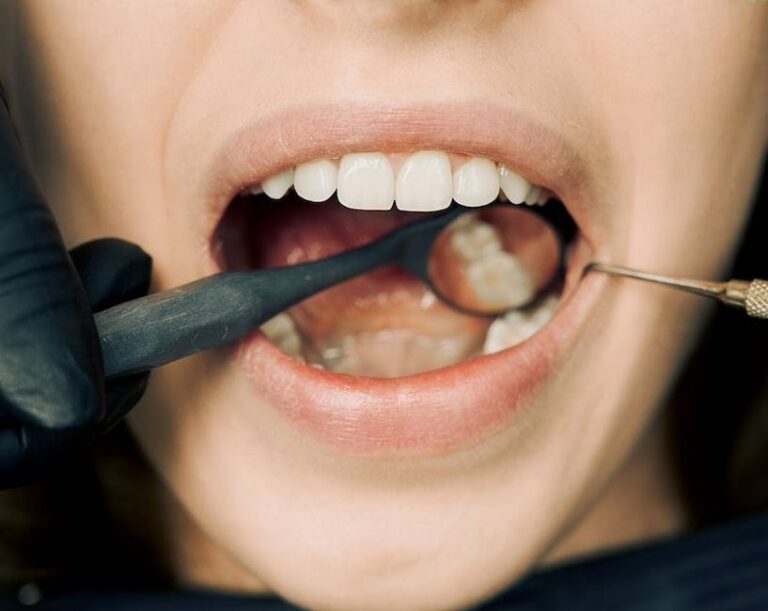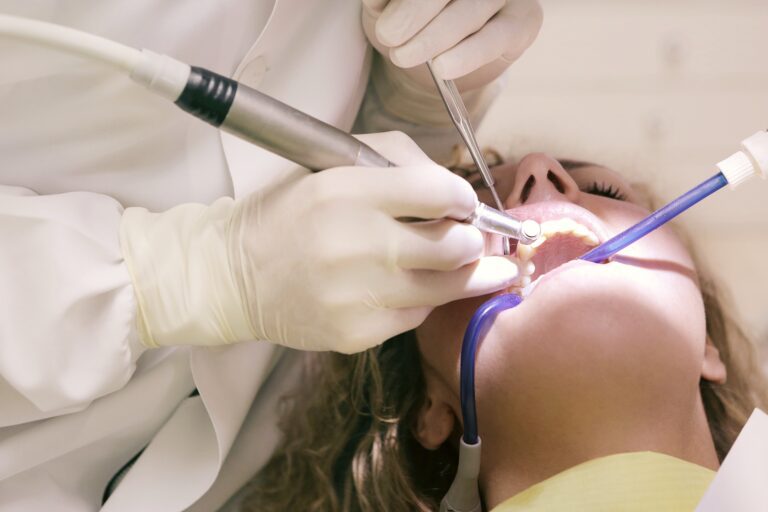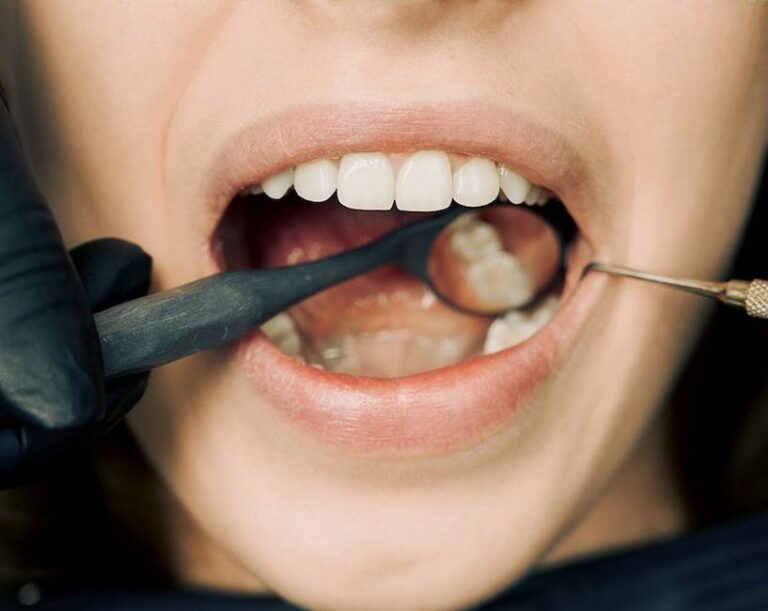Unearthing the captivating journey of dental care throughout time
Welcome to a fascinating journey through the history of dental care! From ancient civilizations to modern dentistry, the evolution of dental practices is both intriguing and astonishing. How did early humans deal with toothaches? When did the concept of dental hygiene emerge? Let’s find out in detail in the article below. Get ready to uncover the secrets of dental care throughout time, and I’ll tell you exactly how this captivating journey unfolds!
Exploring the Fascinating History of Dental Care
The Origins of Dental Care: Ancient Civilizations
One might assume that dental care is a modern invention, but in reality, the ancient civilizations had their ways of dealing with dental problems. Archeological evidence shows that dental care dates back to as early as 7000 BC. In ancient Egypt, for example, written records and tomb paintings indicate that dental diseases were prevalent, and the Egyptians had rudimentary dental treatments.
The ancient Egyptians believed that toothaches were caused by tiny worms in the teeth, and they used various methods to treat them. One popular treatment was a mixture of honey and ground ochre, which they believed helped to alleviate tooth pain. They also used herbal remedies and made use of dental prosthetics such as dentures made from animal teeth or human teeth.
Similarly, ancient Mesopotamians and Greeks also had their dental care practices. The Mesopotamians believed that dental decay was caused by demons and used charms and incantations to ward them off. The Greeks, on the other hand, used various tools and techniques to extract teeth and even developed early forms of dental filling using a mixture of wax and resin.
The Emergence of Dental Hygiene
While dental care existed in ancient civilizations, the concept of dental hygiene as we know it today emerged much later in history. It was during the Middle Ages that people started to take a more proactive approach to dental health. Cleanliness and hygiene became important, and toothbrushes made of bone or wood were used to clean teeth.
During the Renaissance, dental care continued to advance. Pierre Fauchard, a French surgeon, is often referred to as the “father of modern dentistry” for his groundbreaking work in the 18th century. He developed various dental instruments and techniques, including dental crown and bridge work, dental fillings, and orthodontic appliances.
The Birth of Modern Dentistry
The 19th century marked a significant milestone in the history of dental care with the birth of modern dentistry. In 1840, the first dental school in the United States was established, ushering in a new era of professional dental education. With the establishment of dental schools, the field of dentistry began to grow rapidly, and advancements in dental techniques, materials, and treatments were made.
One of the most crucial advancements during this time was the discovery of anesthesia. For centuries, dental procedures were performed without any form of pain relief, often resulting in excruciating pain for patients. However, in the mid-19th century, the introduction of anesthesia revolutionized dental care, making procedures more comfortable and less traumatic.
Modern Dental Care: Technological Innovations
As we move into the 20th and 21st centuries, dental care continues to evolve due to technological advancements. X-rays, for example, revolutionized diagnosing dental issues by allowing dentists to see beneath the surface of the teeth and identify problems that were not visible to the naked eye.
The development of dental implants in the 1960s was another significant breakthrough in modern dentistry. Dental implants are artificial tooth roots that are surgically placed into the jawbone, providing a strong foundation for replacement teeth. This innovation has revolutionized tooth replacement options, offering patients a more natural and long-lasting solution to missing teeth.
Today, dentistry is a diverse and rapidly advancing field. From cosmetic dentistry to oral surgery, dental care encompasses a wide range of specialties and treatment options. Dentists now have access to advanced technology such as laser dentistry, digital imaging, and CAD/CAM technology, enabling more precise diagnoses and treatments.
In conclusion, the history of dental care is a captivating journey that spans across time and civilizations. From the early dental practices of ancient civilizations to the birth of modern dentistry, the field has seen remarkable advancements. As technology continues to advance, it’s exciting to think about what the future of dental care holds. One thing is for sure – dental care will always be an essential aspect of maintaining good overall health and well-being.
Exploring the Fascinating History of Dental Care
The Origins of Dental Care: Ancient Civilizations
1. Ancient civilizations had their ways of dealing with dental problems, dating back to as early as 7000 BC. The Egyptians used honey and ochre to alleviate tooth pain, while the Mesopotamians used charms and incantations to ward off dental decay. The Greeks developed early forms of dental filling.
The Emergence of Dental Hygiene
2. During the Middle Ages, dental hygiene became important, and toothbrushes made of bone or wood were used. Pierre Fauchard, the “father of modern dentistry,” introduced dental instruments and techniques, including dental crown and bridge work.
The Birth of Modern Dentistry
3. In the 19th century, the first dental school was established in the United States, leading to advancements in dental techniques and the discovery of anesthesia. Anesthesia revolutionized dental care, making procedures more comfortable for patients.
Modern Dental Care: Technological Innovations
4. Technological advancements in the 20th and 21st centuries, such as X-rays and dental implants, have revolutionized dental care. Dentistry now encompasses various specialties and treatments, with access to advanced technologies like laser dentistry and digital imaging.
Additional Information
5. Dental care will always be an essential aspect of maintaining good overall health and well-being. With ongoing technological advancements, the future of dental care holds exciting possibilities for improved diagnostics and treatments.






